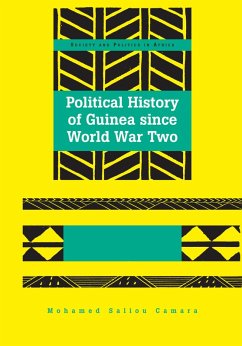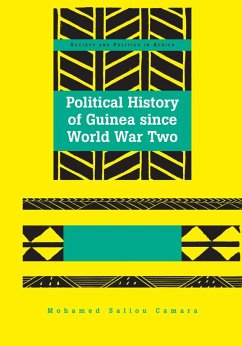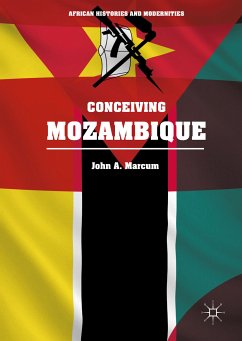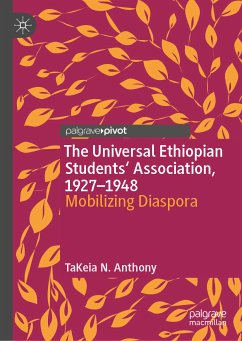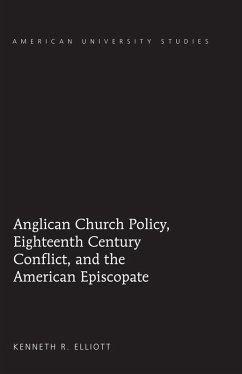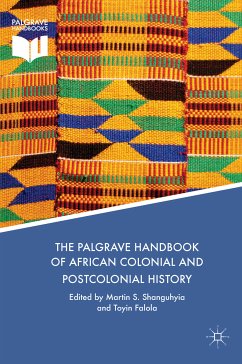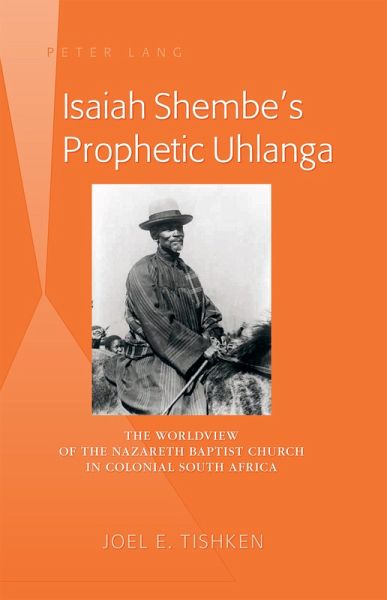
Isaiah Shembe's Prophetic Uhlanga (eBook, PDF)
The Worldview of the Nazareth Baptist Church in Colonial South Africa
Versandkostenfrei!
Sofort per Download lieferbar
Statt: 92,95 €**
68,95 €
inkl. MwSt.
**Preis der gedruckten Ausgabe (Gebundenes Buch)
Alle Infos zum eBook verschenkenWeitere Ausgaben:

PAYBACK Punkte
34 °P sammeln!
Isaiah Shembe's Prophetic Uhlanga: The Worldview of the Nazareth Baptist Church in Colonial South Africa examines the worldview generated and sustained by the Zulu Zionist prophet Isaiah Shembe and his congregation, the Nazareth Baptist Church, during South Africa's colonial era. The book contends that the worldview embraced by Shembe and his congregants was prophetically defined and reified. This argument challenges nationalist and postcolonialist discourses about colonized populations that have viewed empire and its consequences as the prime determinants of colonized individuals' lives. Thro...
Isaiah Shembe's Prophetic Uhlanga: The Worldview of the Nazareth Baptist Church in Colonial South Africa examines the worldview generated and sustained by the Zulu Zionist prophet Isaiah Shembe and his congregation, the Nazareth Baptist Church, during South Africa's colonial era. The book contends that the worldview embraced by Shembe and his congregants was prophetically defined and reified. This argument challenges nationalist and postcolonialist discourses about colonized populations that have viewed empire and its consequences as the prime determinants of colonized individuals' lives. Through a close reading of the church's records, Joel E. Tishken demonstrates that at the heart of the narrative Shembe and church members told of themselves was a sincere and faithful conviction that Shembe was God's anointed prophet and his followers God's new chosen people. Within their understanding of colonial South Africa, British imperialism and white supremacy were part of God's cosmic vision to provide atonement and salvation for Africans - plans they believed God was prophetically communicating to Shembe. The historical narrative, theology, and identity of Shembe and his parishioners revolved around this prophetically prescribed explanation for the conditions of colonial Africa. Thus, Tishken argues that colonized communities interpreted their worlds in much more creative and complex ways than scholars have recognized. This book is applicable to courses on imperialism, South Africa, African religions, and the history of Christianity.
Dieser Download kann aus rechtlichen Gründen nur mit Rechnungsadresse in A, B, BG, CY, CZ, D, DK, EW, E, FIN, F, GR, HR, H, IRL, I, LT, L, LR, M, NL, PL, P, R, S, SLO, SK ausgeliefert werden.




